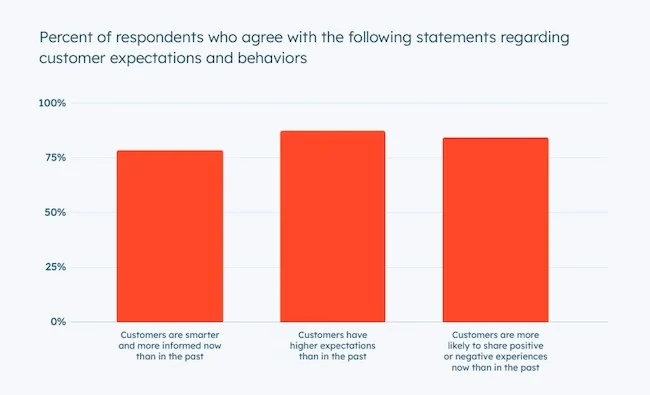Balancing Books and Business: Tips for Students Running a Business

Being a student entrepreneur is exciting, challenging, and rewarding. You’re not only attending classes and studying for exams, but you’re also managing customers, orders, social media, and finances. While it can feel overwhelming at times, with the right mindset and strategies, you can succeed both in school and in business.
Why Students Start Businesses
Many students start businesses to pursue their passions, gain real-world experience, or earn extra income. Whether it’s selling handmade crafts online, offering tutoring services, or starting a small e-commerce shop, running a business while in school teaches valuable life skills like time management, leadership, and financial responsibility.
Challenges Student Entrepreneurs Face
Running a business as a student isn’t easy. Here are common challenges you might encounter:
- Time Management: Juggling class schedules, assignments, exams, and business operations.
- Limited Capital: Starting with small budgets for inventory, marketing, or product development.
- Stress and Burnout: Managing both academic deadlines and customer expectations can be draining.
- Lack of Experience: Navigating business decisions without prior knowledge.
Tips for Successfully Managing Both School and Business
Here are actionable tips to help you succeed:
1. Create a Clear Schedule
Plan your week in advance. Set dedicated study hours and specific business work hours. Use tools like Google Calendar, Trello, or Notion to keep track of deadlines and tasks.
2. Prioritize Tasks
Identify urgent and important tasks daily. Finish your school assignments early, so you’re not rushing before deadlines. Handle customer orders or business operations during your free slots.
3. Outsource or Automate
Use automation tools like social media schedulers (e.g., Buffer, Later) or order management systems for your business. If possible, hire a part-time assistant or get help from friends.
4. Stay Organized
Keep your study materials and business documents separate. Use folders, apps, or cloud storage like Google Drive for easy access to files.
5. Take Care of Yourself
Don’t forget to rest. Sleep well, eat healthy, and take short breaks during study and work sessions. Mental and physical health is key to long-term success.
6. Learn Continuously
Use your business as a learning opportunity. Apply what you learn in school to your business and vice versa. Join student entrepreneur groups for networking and mentorship.
Success Story Inspiration: Student Entrepreneurs Who Made It Big
Many successful entrepreneurs started while they were students. For example:
- Mark Zuckerberg: Started Facebook while at Harvard.
- Michael Dell: Started Dell Computers from his college dorm.
- Moziah Bridges: Started Mo’s Bows, a successful bow tie business, at a young age while still in school.
Final Thoughts
Being a student entrepreneur is a unique journey. It won’t always be easy, but the skills you build now will help you for life. Stay disciplined, stay motivated, and remember why you started. Success is possible—even with textbooks in one hand and business plans in the other.






Responses